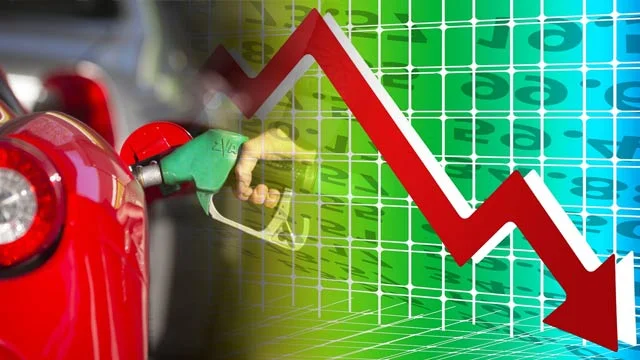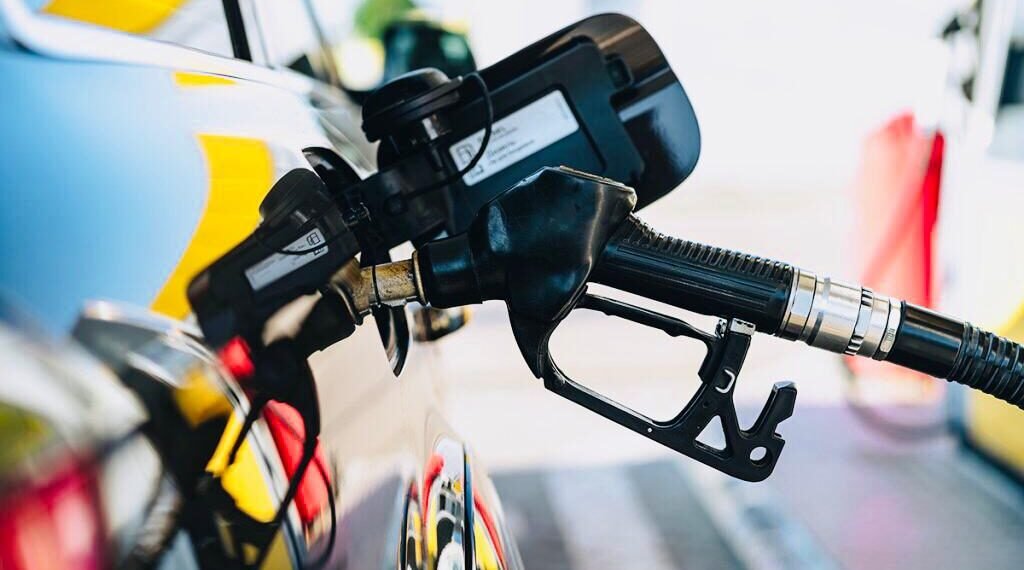Ghanaians are expected to see a reduction in fuel prices in the next pricing window, with petrol and diesel prices projected to drop between 5% and 9%, according to a market assessment by the Africa Sustainable Energy Centre (ASEC).
Ghana’s fuel pricing mechanism operates on a bimonthly basis, where global oil market dynamics and exchange rate fluctuations directly influence pump prices. As the upcoming window approaches, ASEC’s analysis points to significant downward pressure on fuel prices, driven by a stronger cedi and softening crude oil prices globally.
“This pricing window will bring some much-needed relief to consumers.
“The appreciation of the Ghanaian cedi has reduced the cost of petroleum imports, and this benefit will be passed down to the end-user.”
Ing. Justice Ohene-Akoto, Executive Director of ASEC
According to ASEC, petrol is expected to retail between GHS 12.00 and GHS 12.60 per litre, while diesel will range from GHS 12.60 to GHS 13.20 per litre.
These projected prices mark a notable drop compared to the previous window, reflecting improved macroeconomic conditions and currency strength.
While global crude oil prices have declined from approximately $85 per barrel in January to about $64 currently, ASEC stressed that the cedi’s performance has had the more decisive impact on local fuel pricing.
“Petroleum imports are dollar-denominated.
“When the cedi gains strength, importers require fewer cedis to buy the same amount of fuel. This leads directly to lower pump prices.”
Ing. Justice Ohene-Akoto, Executive Director of ASEC
The cedi’s recent appreciation has been credited to tight fiscal measures, improved forex liquidity from increased gold-for-oil transactions, and a rebound in investor confidence.
These developments have collectively enhanced the purchasing power of fuel importers in Ghana’s deregulated petroleum downstream sector.
Global Oil Trends Support Stability

ASEC’s report also points to a generally stable outlook for global crude oil markets. With OPEC+ boosting output and major consumers like the US and China experiencing slowed demand due to economic headwinds and trade frictions, prices are expected to remain subdued for the rest of the year.
“We anticipate global oil prices to average between $62 and $65 per barrel through year-end.
“This trend, combined with currency stability, bodes well for pump price moderation.”
Ing. Justice Ohene-Akoto, Executive Director of ASEC
Despite the consumer-friendly forecast, the drop in oil prices has potential fiscal consequences. As an oil-producing country, Ghana relies on upstream petroleum revenues to fund part of its national budget.
Lower global oil prices can erode government earnings from crude exports, even as domestic pump prices fall.
This fiscal strain could lead to increased crude production or adjustments in government revenue forecasting. ASEC cautioned that while short-term price relief is welcome, it must be balanced against broader macroeconomic considerations.
“The government may be forced to increase output from domestic fields or revisit fiscal planning to offset reduced oil income.
“It’s a delicate balancing act between keeping fuel prices affordable and ensuring national revenue stability.”
Ing. Justice Ohene-Akoto, Executive Director of ASEC
The Africa Sustainable Energy Centre, a policy think tank focused on energy research and development, continues to provide analytical insights to support Ghana’s energy policymaking.
The organization regularly monitors market dynamics and advises on interventions that align with the country’s energy security and affordability goals.
“We are committed to evidence-based forecasting and policy support that benefits consumers and strengthens Ghana’s energy ecosystem.”
Ing. Justice Ohene-Akoto, Executive Director of ASEC
As Ghana heads into the next fuel pricing window, consumers may soon feel some economic relief at the pump, thanks to the appreciating cedi and declining international oil prices.
However, ASEC’s forecast also highlights the delicate trade-offs between consumer benefits and national fiscal needs in a globally interconnected energy market.
While pump price reductions are a positive development, stakeholders—including government, industry, and consumers—must remain vigilant as macroeconomic shifts continue to influence both pricing and public revenue.
READ ALSO: Ecobank Transnational Incorporated Withholds Dividend Payment Despite Stellar 2024 Performance



















